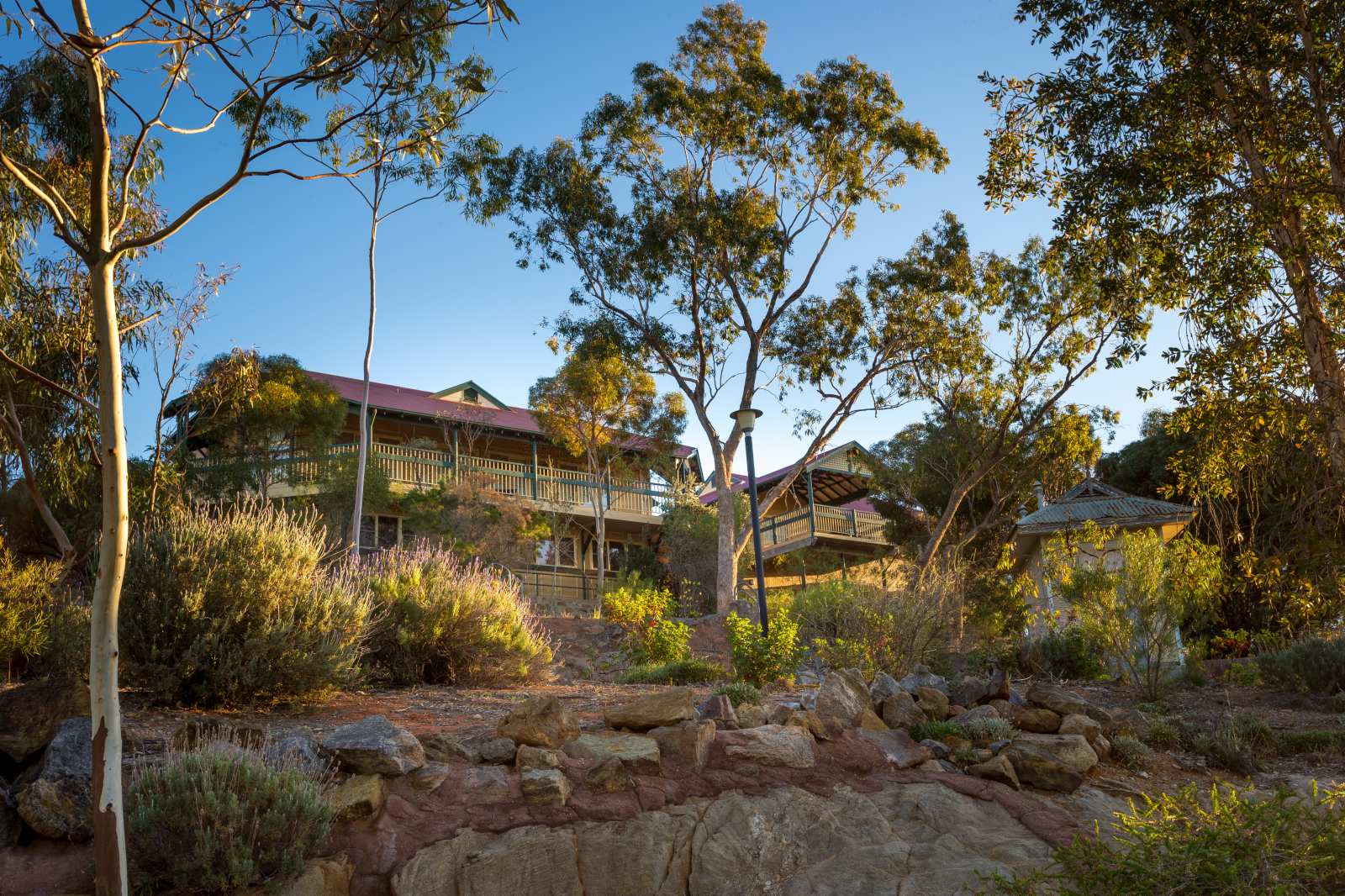Rural placements give students new perspective
Our nursing students are gaining industry and clinical experience with leaders in healthcare across NSW. As part of her degree, Alexandria Head undertook placements at Robinvale District Health Service and the Royal Flying Doctor Service at Dubbo. Robinvale, a small-town on the border of NSW and Victoria, has a culturally and linguistically diverse population.
Alexandria has witnessed firsthand the poor health outcomes often experienced by people in regional areas, “I grew up in Dubbo and my father was in and out of the healthcare system throughout my childhood and teenage years. Because he required facilities that weren’t available in Dubbo, he had to travel to Sydney, where he was often isolated from family and required to pay out-of-pocket costs including accommodation and travel.
“This solidified my belief in the necessity of having equitable access to healthcare in rural and remote Australia; this is the only way of empowering individuals to have greater control over their health. I have always wanted to help people and I believe it is a privilege to work so closely with a patient and their family during the most vulnerable times of their lives.”
“I was fortunate to work with experienced clinicians including Practice Nurses and Diabetes Educators who had taken the time to develop an understanding of local needs. The placement gives me the opportunity to develop community literacy and build rapport with patients, while also focusing on health promotion, preventative health and chronic condition management.”
"I particularly loved how it allowed community members that would often have to travel hundreds of kilometres to access healthcare, the ability to stay in their community and receive equitable access."

The Broken Hill University Department of Rural Health
Meanwhile as part of her placement with the Royal Flying Doctor Service, Alexandria had the chance to fly to rural communities and conduct systematic health assessments and preventative health checks. “I particularly loved how it allowed community members that would often have to travel hundreds of kilometres to access healthcare, the ability to stay in their community and receive equitable access.
“It was also wonderful to see the upskilling of nurses in roles which they are more than capable of practicing with greater autonomy. This then takes the burden of the role of the GP and improves overall access in rural and remote communities.”
Statistics show that Australians who live in rural and remote areas often suffer much poorer health outcomes compared to those who live in major cities. Nearly 28% of Australia’s population live in rural and remote areas. Compared to people living in metropolitan areas, those living in rural and remote areas experience higher rates of hospitalisations, deaths, injury, and have limited access to primary health care services.
The Faculty of Medicine and Health is committed to more equitable health outcomes and improved access and quality of care for rural and remote communities. Providing high quality rural health education and developing the rural health workforce are just some of the ways we are working on this. Not only do the local community benefit from this expansion, but our students do as well.
